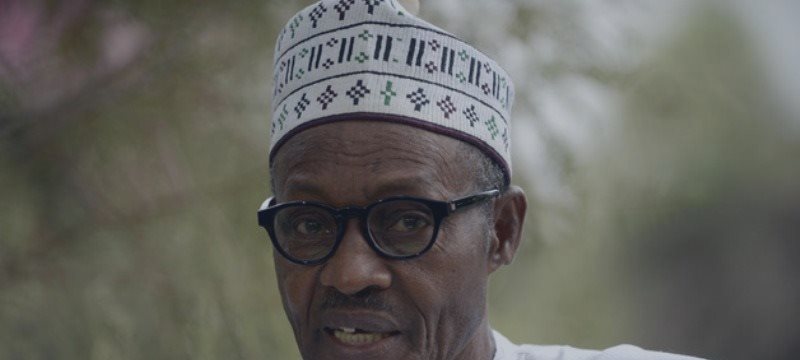It’s been five months since Johnson Umeadi and his wife, Adaku, received their salaries as government workers in southeastern Nigeria.
With Nigeria’s finances shot by last year’s collapse in oil prices, they’re struggling with rent and can’t afford school fees for their three children. Shops and grocers are no longer willing to extend them the credit they need to buy basic items such as food and drinks.
“It’s like we put all our eggs in one basket and then it went porous,” said Johnson, a 45-year-old employed by a department of Imo state responsible for infrastructure projects in Owerri. “If one of us was working in a private company, or even engaged in petty trading, we would’ve fared better,” he said, declining to disclose his salary.
The plight of the Umeadis and others who haven’t received wages has hit everything from local shops to the banking industry in Africa’s biggest economy, in which about a third of the formal workforce of 11 million is employed by the state, according to Renaissance Capital. The cash crunch is undermining the prospects for the new administration of President Muhammadu Buhari, who described the Treasury last month as “virtually empty.”
Oil Reliance
Banks are more wary of lending to individuals, Bisi Onasanya, head of First Bank of Nigeria Ltd., the largest local lender by assets, said last month at a Bloomberg conference in Lagos, the commercial capital.
“You have 18 states unable to pay salaries,” said Onasanya. “That reduces the number of people who are viable enough to repay your consumer loans.”
Civil servants are victims of Nigeria’s reliance on oil, which accounts for about two-thirds of the government’s revenue. A 46 percent crash in Brent crude prices in the past year has led to half of Nigeria’s 36 states, which rely on monthly federal handouts for the majority of their funding, being unable to pay wages.
The effects have been wide ranging and are hurting business as teachers, doctors and bureaucrats scrimp on spending. Listed consumer companies saw their profit before tax fall 55 percent year-on-year in the first quarter, according to Esili Eigbe, head of West African research at Exotix Partners LLP. The worst is yet to come, he said.
Tough Road
“The road ahead will be tougher,” Lagos-based Eigbe said in a client note on July 2. “Owing to the substantial decline in government revenue in Nigeria and the need to implement austerity measures, we expect that there will be a significant backlash on consumer spending.”
The Nigerian Stock Exchange All Share Index has weakened 8.3 percent this year, the sixth-most among 93 global indexes tracked by Bloomberg. Growth will decelerate to 4.8 percent in 2015, about half the average of the past decade, the International Monetary Fund estimates.
Buhari’s six-week old administration announced a bailout last week of as much as $3.5 billion for states to pay salaries and other debts. Details on when the money, which is meant to come from exports of liquefied natural gas and the central bank, will be allocated have yet to be disclosed and the package may only provide temporary relief, according to Manji Cheto, a London-based vice president at consultancy Teneo Intelligence.
Major Disaster
“A lot of investors looking at Nigeria haven’t realized the significance of this -- it is major,” Cheto said by phone. “The breadwinner in a lot of families tends to be someone who works in the public sector. On average you’d probably have 20 to 30 people that depend on that one person. You realize how much of a disaster it is on a micro level.”
While Nigerian states frequently pay salaries late, the problem is worse this time because the country depleted the buffers that may have helped it weather the crisis, she said. A government oil savings account now stands at about $2 billion, compared with $21 billion in 2008, when crude prices last crashed, according to the IMF.
“This is the first time since 1999, since the end of military rule, that we have had widespread non-payment of salaries that requires a bailout,” said Ayo Teriba, chief executive officer of Economic Associates Ltd., a Lagos-based consultancy. “It’s unprecedented in the democratic era.” https://www.mql5.com/en/signals/111434



